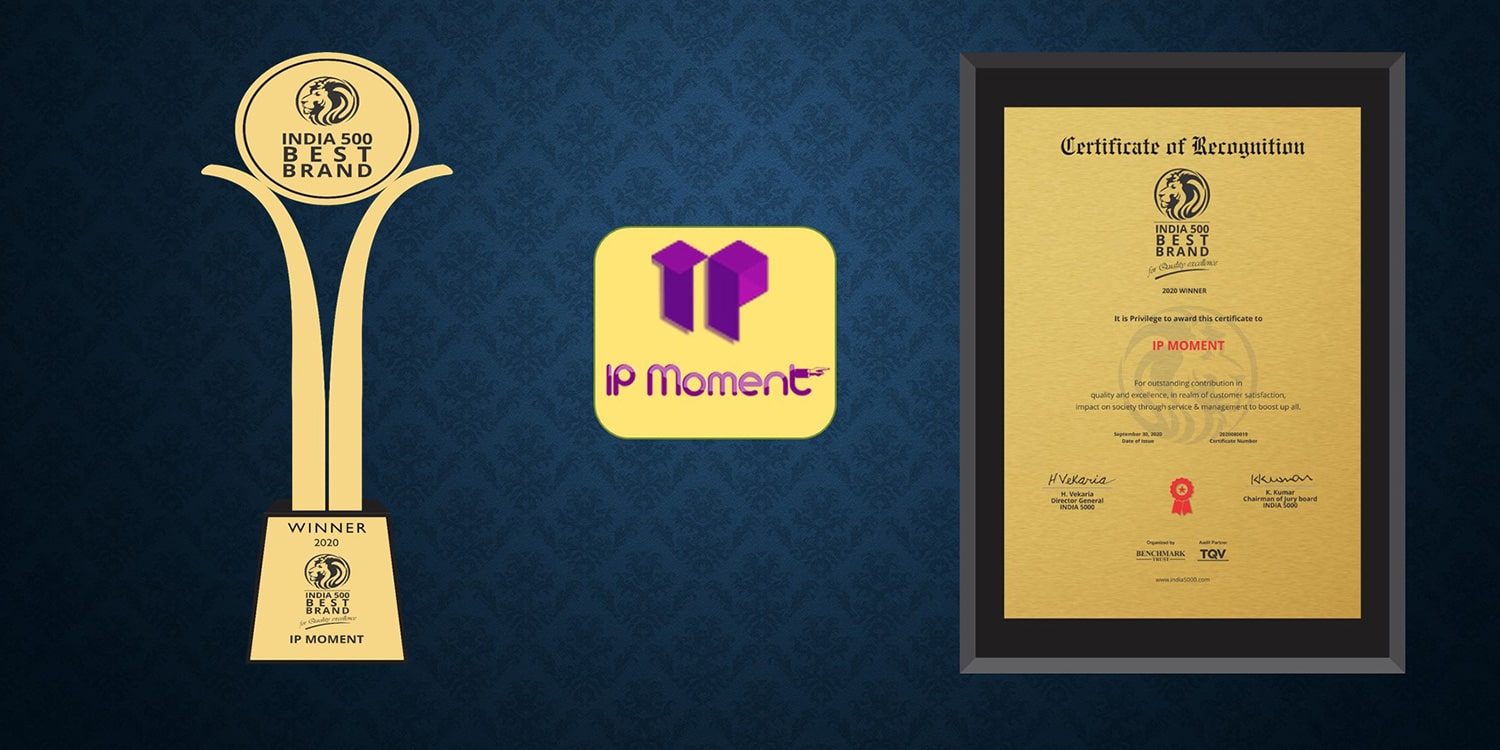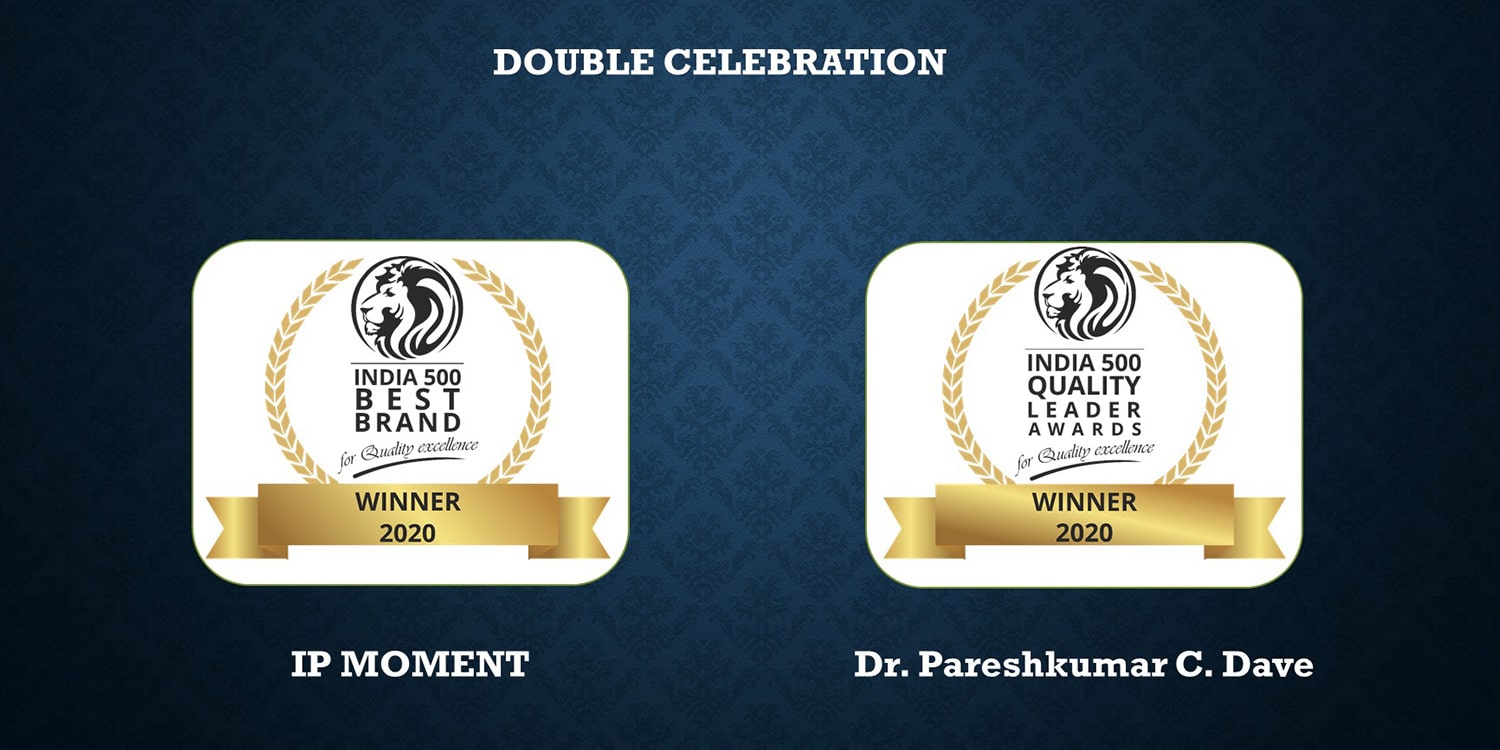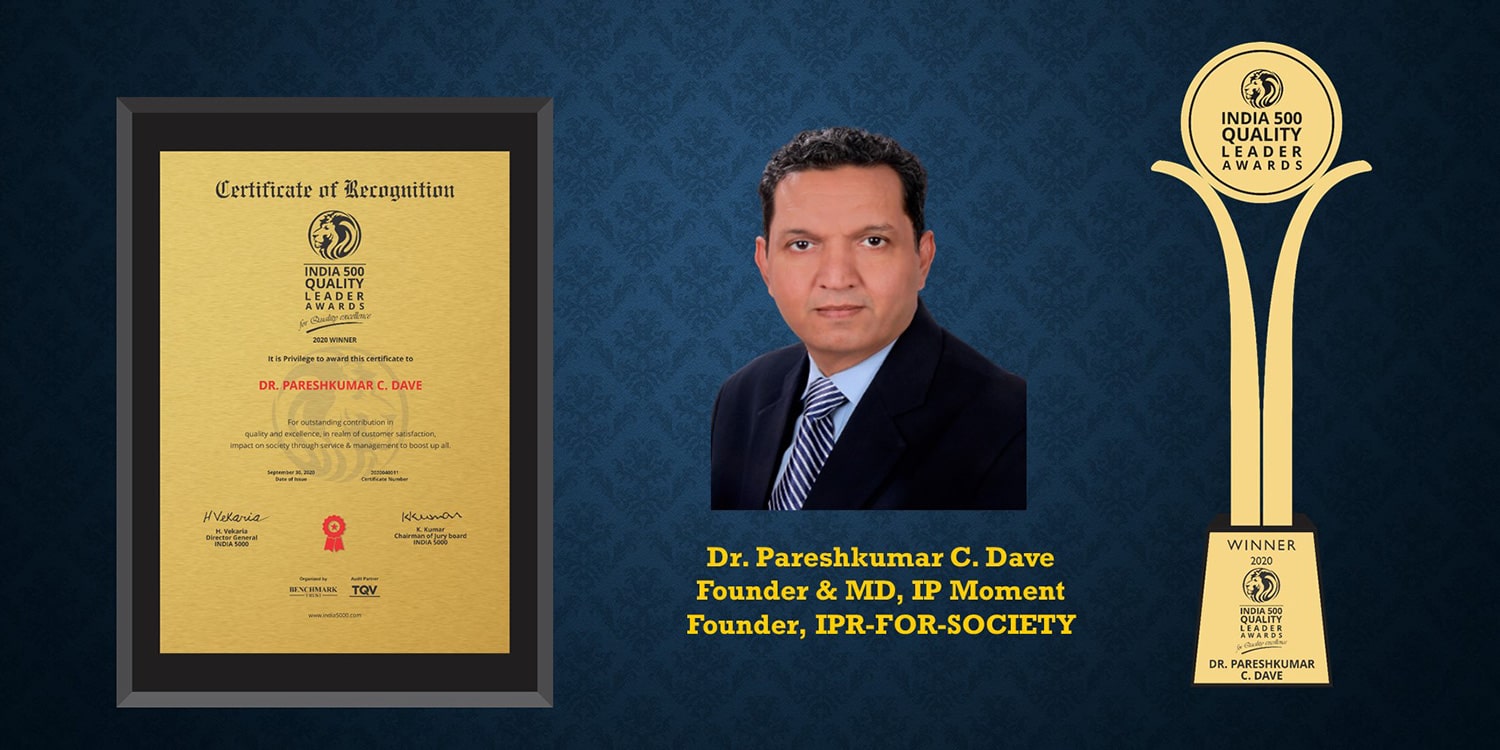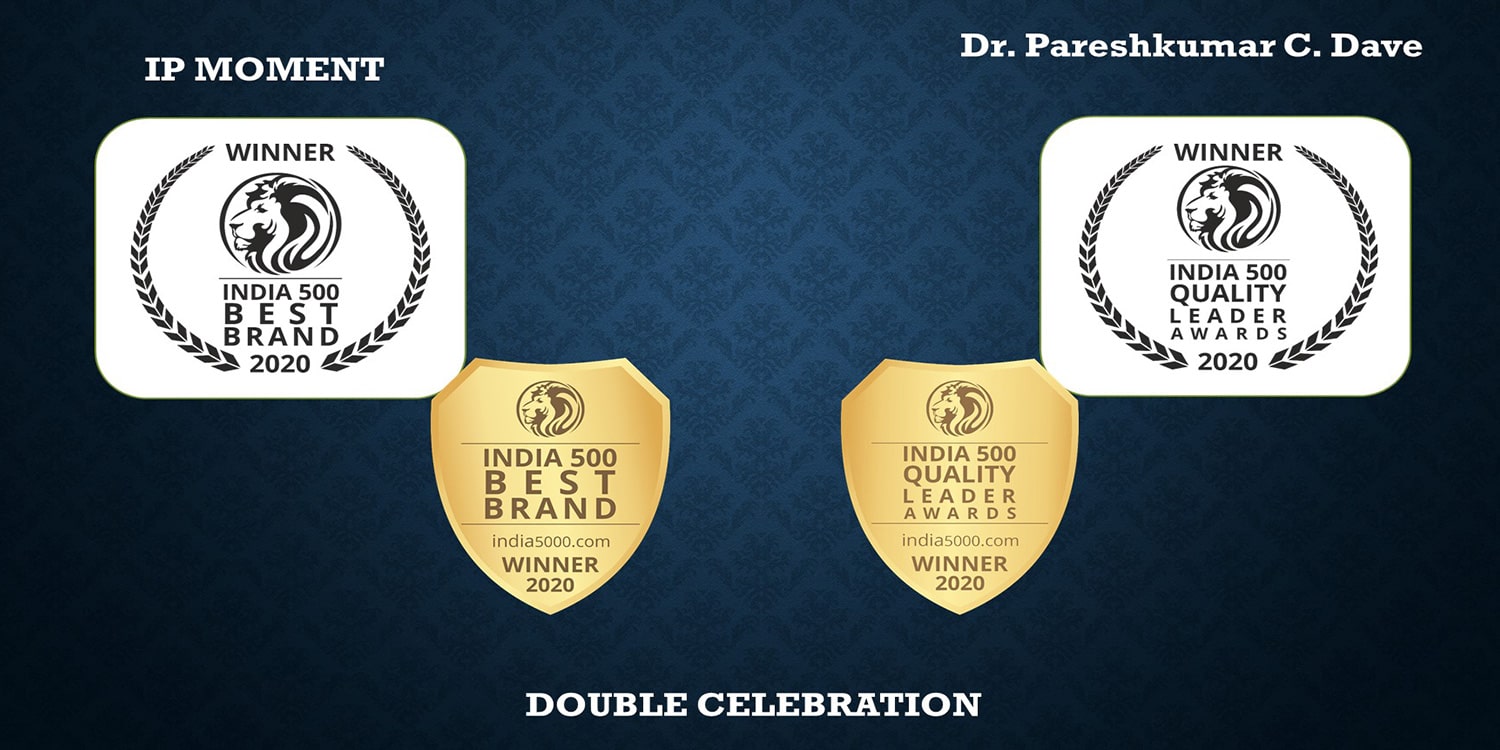Intellectual Property rights are something that businesses should take it seriously, or not be careless about in terms of the competitive rivalry and recognition. In any business beginning is very essential, which would go on to determine business future. This essence is called an idea, and most successful business all over the world, later the ones that truly make revolutionary waves. Many have built empires upon an international stage based upon the strength of the innovative idea.
However, it must be stated that even if some idea is unique or revolutionary, it is the duty of the owners and stakeholders of the businesses to protect them at any cost. The main threat could come from the outside or from the known person or source. Once any enterprise starts capitalizing upon the ‘idea’, it is most certainly a threat for the business in every step of the way.

What would happen if businesses are not serious for their intellectual property?
Generally speaking, no idea is one’s own in every true sense, once it is out in the world for everyone to see. In terms of the idea which holds serious commercial value, that it attracts towards the ‘appropriation’ of the idea, is akin to vultures swooping down upon a recently deceased land beat. These entities would most definitely try to copy the innovative idea, and what’s worse, they could certainly be successful in perfecting it through their own efforts and creativity. At that point of time, you should consider that the tables have turned completely. You can no longer call the idea your own, and if the tweaking is, in fact, successful, then the consensus of the majority would stand against you.

What circumstances may lead to the occurrence intellectual property theft?
A startup runs and grows upon the basis of their unique selling proposition (USP), which is often the idea, or is a result that is stemming out of it. There many cases under which the intellectual property of any startup could be jeopardized. In some instances, a product has been launched that has attracted a great deal of attention, and other individuals and parties would automatically look forward at how to exactly capitalize from it. Other cases may involve indecision about providing the necessary protection for the intellectual property itself. These are specifically situations when the people responsible for startups are unaware about the proper forms and facilitations IP rights provided by the law. Other cases may involve lack of proper research, venture capital initiative before launch, lack of secrecy etc. all may contribute to the state unwarranted of appropriating, or thieving of the intellectual property.

Thus, one may see that for any startup the importance of safeguarding the core intellectual properties, for example product, process of making product, company logo, company name, marketing material, way of doing business, social media presence, are essential. That is why these entities should try to gather as much information as possible. The startups can to seek out legal avenues to properly identify and protect their intellectual property. Under such circumstances, not only would their business innovation become completely immune to be threatened. For startups, protection of IPR would ensure that they gets money for their innovative creation irrespective of the fact if the startup has been successful or not.








